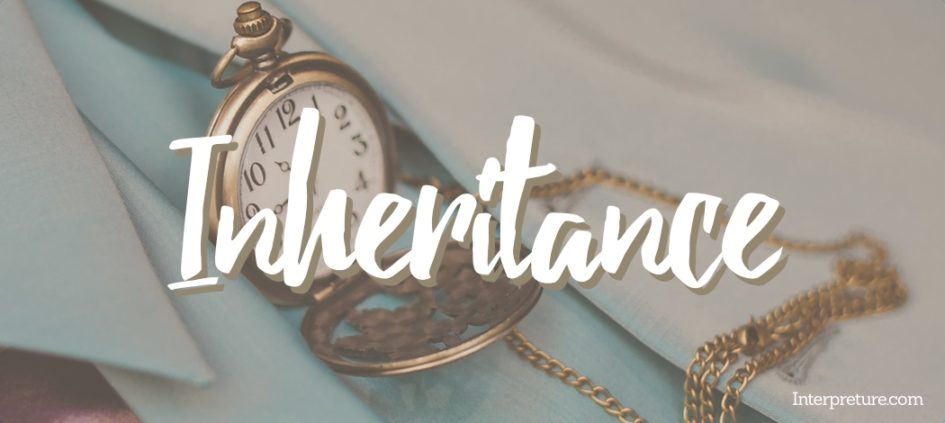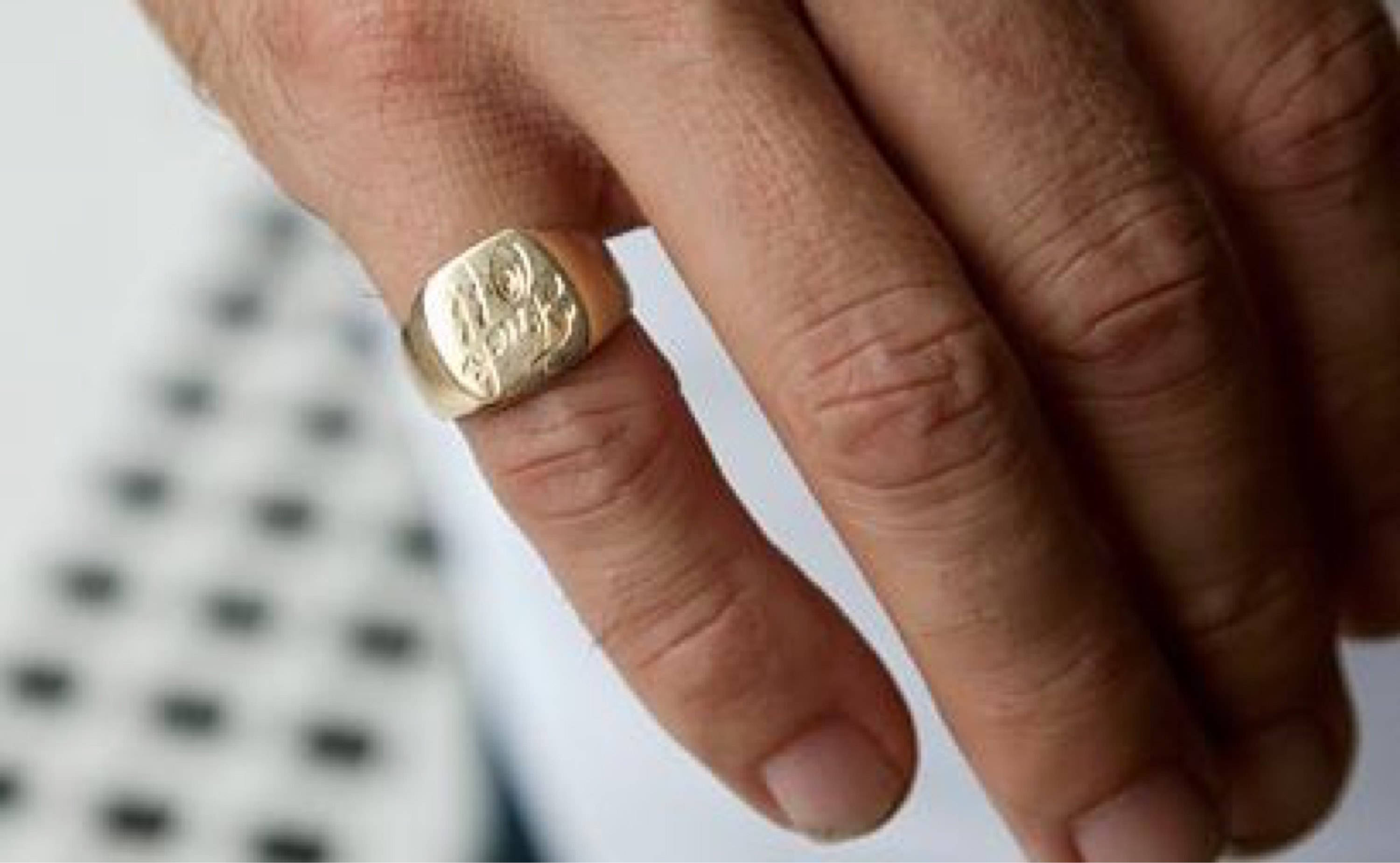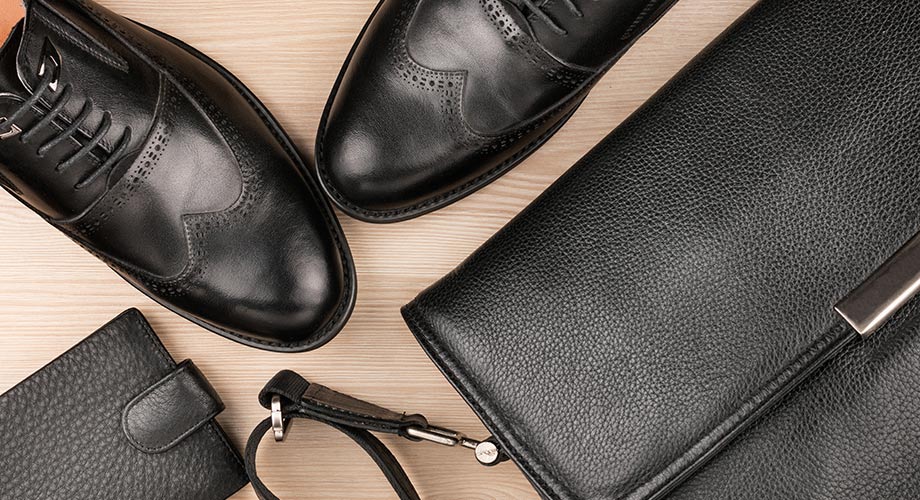QUESTION:
A man wants to take out a loan for $100, and another man wants to give it. Both parties reject the notion of taking or receiving interest. How should this loan be arranged? The borrower does not wish to borrow from a non-Muslim, but the lender does not wish to loan any money without some benefit for himself.
ANSWER:
There are many scenarios to work around this issue, an easy one being that the lender should not give a loan, rather, he should sell the borrower the actual currency note. For example, if the borrower wants $100 for one year and the lender wants some kind of profit, then he should sell a $100 bill to the borrower for a higher amount, like $112. If the borrower repays the amount before the completion of a year, like in six months for example, then the lender can only take $106; to take any more would be forbidden. Similarly, any type of item with a market price of $100 can be sold for $112. It is written in “ad-Durr ul-Mukhtār”:
قضى المديون الدين المؤجل قبل الحلول…لا ياخذ من المرابحة التي جرت بينهما إلا بقدر ما مضى من الأيام – اه ملخصا
“[If] the borrower repays the deferred debt before the completion of a year…[the lender] should not take any profit that was arranged between the two of them except to the amount of days that have already passed.”
[Radd ul Muḥtār, Kitāb ul Khunthā, Masā’il Shattā, Vol. 10, pg. 406, Dār ul Kitāb]
Another workaround is that the money is loaned, and the borrower gives something of his to the lender for safekeeping, like a knife or plate, and says to the lender, “Keep this thing safe for me, and for your safeguarding of it, I will pay $1, $4, $6, or $10 monthly as long as it is in your possession”. However, the value of the item being safeguarded must be higher than the monthly charge. It is written in “Fatāwa `Ālamgīrī”:
استئجار المستقرض المقرض على حفظ عين متقوم قيمته أزيد من الاجرة كالسكين و المشط و الملعقة كل شهر بكذا اختلف فيه الائمة المتأخرون فقيل يجوز بلا كراهة منهم الامام محمد بن سلمة و الاما الصاحب الكمال مولانا حسام الدين عليابادي و جلال الدين ابو الفتح محمد بن علي و صاحب الهداية و قد وقع على الجواز أجلة الائمة
“The late authorities disagree about a borrower paying his lender monthly for safeguarding something, like a knife, a comb, or a spoon, whose value is greater than the monthly charge. It is said that this is permissible without any dislike, and the adherents of this position include Muhammad ibn Salma, Hussam ud Din Aliabadi, Muhammad ibn Ali, and the author of ‘al-Hidāya’. The important authorities have erred on the side of permissibility.”
[Fatāwa Hindīyya, Kitāb ul Ijārah, al-Bāb uth-Thānī wath Thalāthūn fi’l Mutafarriqāt, Vol. 4, pg. 522, Dār ul Kitāb]
There are scenarios other than these two that have been mentioned in our work “Kifl ul Faqīh”. And Allah knows best.
[Fatāwa Ridāwiyya, 12-Vol. Edition, Vol. 7, pg. 121-122]
Translated by Omair Shariff – answer from alhaneef.com
Also see:
[Q-ID0262] I want to loan money to someone, but want some benefit from it, what can I do?
[Q-ID0261] How can any extra money be taken for a Loan without taking interest?
[Q-ID0260] Is it permissible to take out a mortgage in England?
[Q-ID0228] What is the Islamic ruling on taking out a Life Insurance policy in the UK?





































































